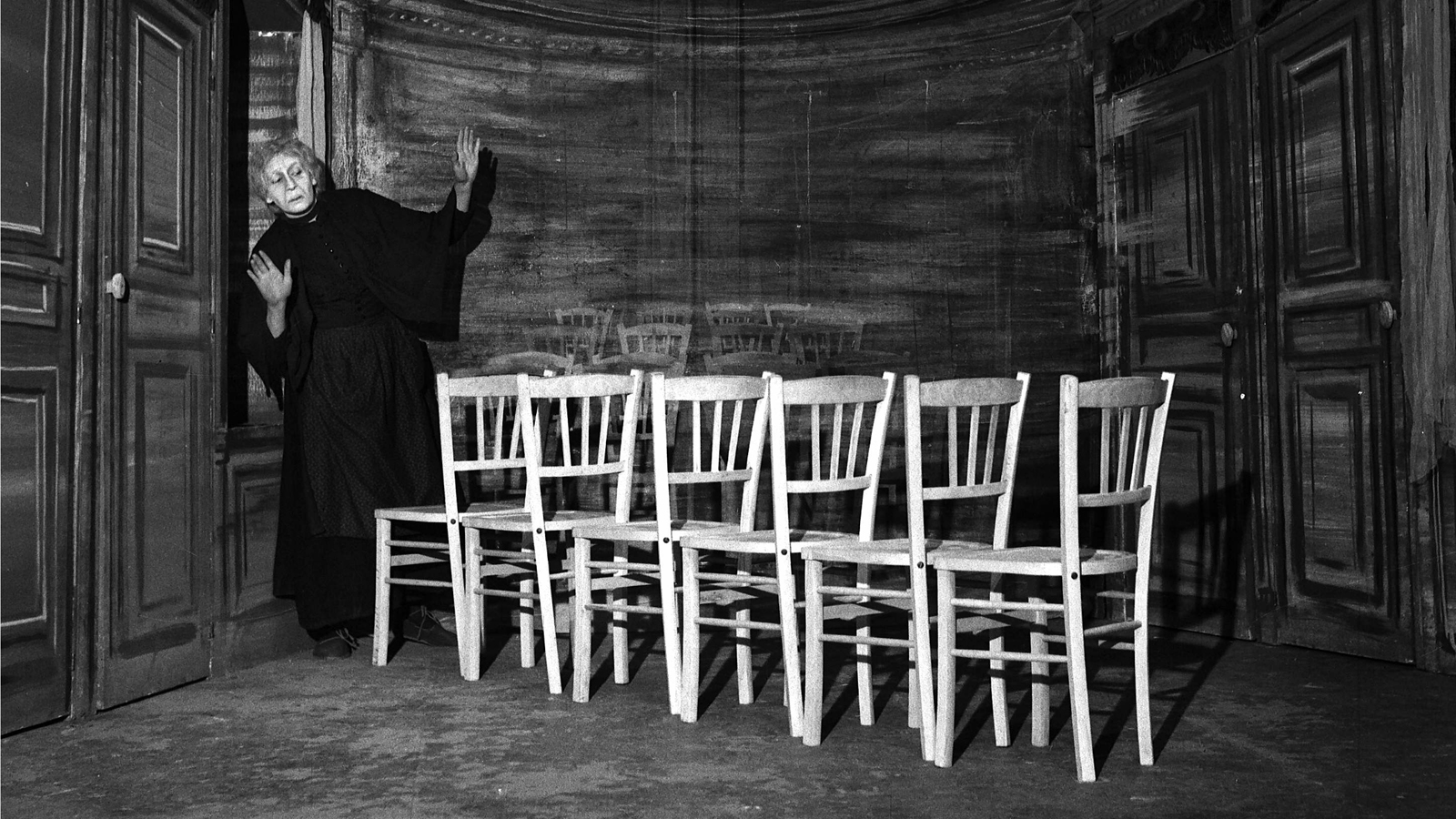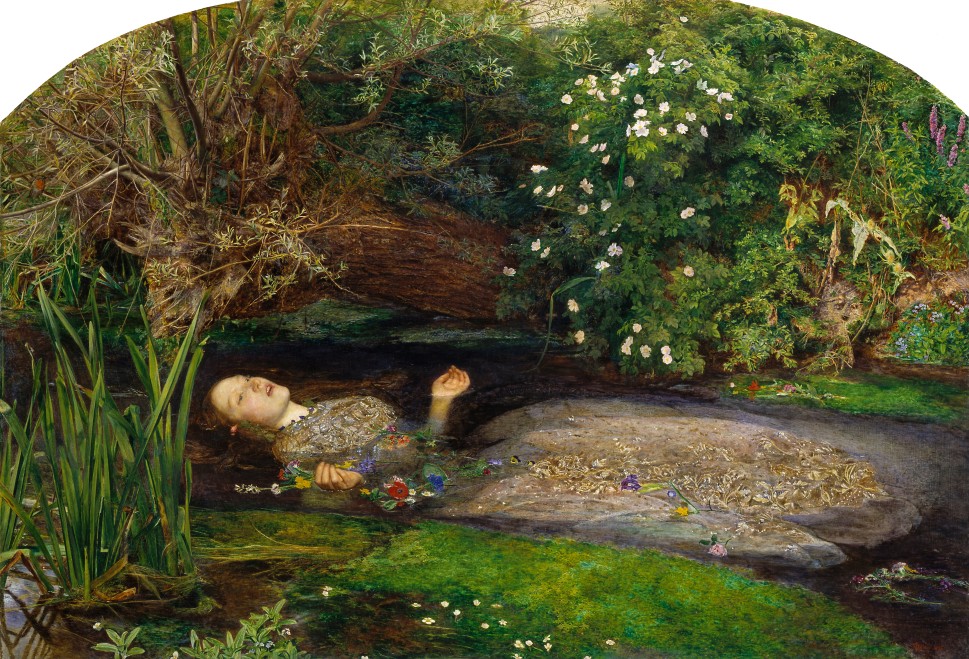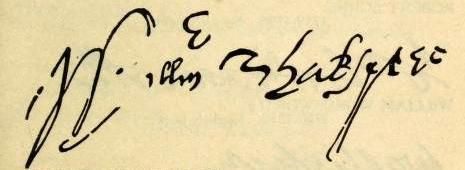- ගුරුවරයා: Rasudula Dissanayake
- ගුරුවරයා: DUSHYANTHI MENDIS
- ගුරුවරයා: Ravihari Ravendra Kumar
Course Description
In this course students will be introduced to the study of playwrights and playwriting associated with the making of twentieth-century modernist drama. The focus of the course will be the exposition and development of modern drama, which brings into discussion the naturalist and realist aesthetic in the theatre, and the corresponding aesthetic departures that have paved the way for avant-garde performance. While the foundation of the course will be structured through a chronological introduction to the development of modern drama, the study of the texts in discussion will direct attention to socio-historic context, thematic concerns, visual codes and devices of performance-making, and contemporary theoretical approaches to performance. The course will also consider this developmental stage in theatre history in terms of its resonances with the landscape of theatre in Sri Lanka.
Course Content
The course will include writers (and work) such as Henrik Ibsen (A Doll’s House/ Hedda Gabler), August Strindberg (Miss Julie/ The Ghost Sonata), Anton Chekhov (Three Sisters/ The Seagull), Bertolt Brecht (Mother Courage and Her Children/ The Good Woman of Setzuan), Luigi Pirandello (Six Characters in Search of an Author), Frederico Garcia Lorca (House of Bernada Alba/ Yerma) and Samuel Beckett (Waiting for Godot/ Happy Days/ Not I). The course’s discussion of the avant-garde context will draw on the work of Salvadore Dali, Pina Bausch, Robert Rauschenberg, and John Cage, among others.
In relation to the aesthetics in the theatre, the course will consider the following: Realism, Naturalism, Surrealist Theatre, The Theatre of the Absurd, Dadaism in Visual Art and its Impact on the Theatre, The Epic Theatre, The Theatre of Instruction and ‘Alienation,’ The Moscow Art Theatre and its impact on Performance Practice and In-Yer-Face Theatre. Students will also be expected to attend contemporary Sri Lankan theatre performances.
Lecturer: Ruhanie Perera

- ගුරුවරයා: Ruhanie Perera
- ගුරුවරයා: NELUKA SILVA
This
course will bring you the current topics in the field of
linguistic ideologies. You will study ideologies in relation to
(post)colonial practices, nationalist movements and minority communities. We will also discuss ideologies informing literacy and educational
practices.
- ගුරුවරයා: Kaushalya Perera
- ගුරුවරයා: Esther Surenthiraraj
Medium of Instruction: EM
Name of Lecturer(s) : Dr. Shravika D. Amarasekara

- ගුරුවරයා: Sachini Seneviratne
This course will explore the intersection between translation, writing, and creativity in relation to ‘literary’ translation. Students will be introduced to a range of creative strategies used in and issues relating to the translation of creative texts. Topics addressed in this course will include the interactive nature of literary translation, visibility/invisibility in translation, and translating ‘non-standard’ language and dialects.

- ගුරුවරයා: DINITHI KARUNANAYAKE
- ගුරුවරයා: NELUKA SILVA
- ගුරුවරයා: Shermal Wijewardene
Course Description
This course will introduce students to the field of Shakespeare Studies, and focus specifically on a cross-section of Shakespeare’s plays. It involves the close study of four plays drawn from tragedies, comedies, history and “problem” plays. Students will also be required to be familiar with Shakespeare criticism, performance and cinema. Texts will be selected from among the following: Twelfth Night, A Winter’s Tale, A Midsummer Night’s Dream, As You Like It, Much Ado About Nothing, Othello, Hamlet, King Lear, The Tempest, Richard III, Measure for Measure and Macbeth.
2. Distinguish and appraise the literary features and styles of the plays across different genres.
3. Able to understand and engage with the theoretical frameworks for studying the plays.
4. Able to understand the contemporary relevance of Shakespeare’s plays through engaging with their cinematic and literary adaptations, including cross-cultural adaptations.
Lecturer: Ruhanie Perera

- ගුරුවරයා: Ruhanie Perera
- ගුරුවරයා: Ravihari Ravendra Kumar
- ගුරුවරයා: Sachini Seneviratne
- ගුරුවරයා: Shermal Wijewardene
This course is designed to introduce students to Contemporary South Asian literature in English. In order to understand the place of South Asian writing, not simply as 'exotic' and 'different,' the socio-historical, economic context(s) from which the literature emerges will be discussed. At the same time, the ways in which these works have been influenced by aesthetic values and narrative strategies emanating from the global west, as well as how contemporary South Asian writing might be transforming and reinventing these forms, will be explored.
The poems, short stories, novels, and plays in the course represent creative responses to some very significant 20th century historical events, such as Independence for India, an event immediately followed by the violence of the 'Partition' and post-Independence. Other events discussed in this course will include the following: The Indo-Pakistan war of 1971 leading to the creation of Bangladesh; Indira Gandhi's Emergency, in 1975; the civil war in Sri Lanka; and the effects of Islamisation in Pakistan. It is important to note that several of the authors in the course deal extensively with issues pertaining to women in South Asia. Finally, the digital-literary nexus will be considered in the course as it has become a familiar presence in our lives.

- ගුරුවරයා: DINITHI KARUNANAYAKE
- ගුරුවරයා: NELUKA SILVA
- ගුරුවරයා: Shermal Wijewardene